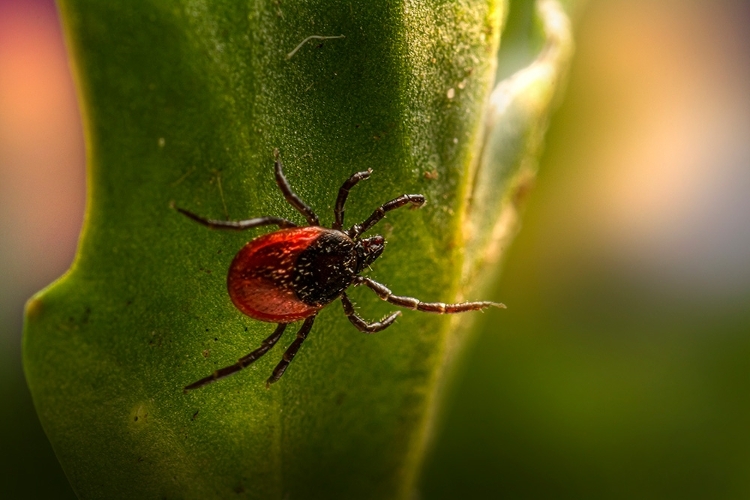Tick awareness
As we head into spring and summer we are reminding people to be 'tick aware' as they enjoy the great outdoors West Berkshire has to offer.

Ticks are small, spiderlike creatures that feed on the blood of animals, including people. During this feeding process, they can transmit bacteria that can result in infections such as Lyme Disease. In the UK, the most important tick species to human health is Ixodes ricinus, more commonly known as the sheep, castor bean or deer tick. This species can be found feeding on humans and is the principle vector of Lyme Disease and other tick-borne infections.
Tick bite prevention
The chance of acquiring a tick bite when enjoying outdoor activities (which are important for improving health and wellbeing) can be reduced by:
- regularly checking clothing and exposed skin for ticks that might be crawling on you and brushing them off immediately
- walking on clearly defined paths to avoid brushing against vegetation where ticks may be present
- wearing light-coloured clothing so that ticks crawling on clothing can be spotted and brushed off immediately
- using an insect repellent (for example DEET) that can repel ticks and prevent them from climbing onto clothing or attaching to skin (always follow the manufacturer's guidance)
- wearing long trousers and long-sleeved tops to reduce the direct exposure of ticks to your skin, making it more difficult for them to find a suitable area to attach
To help you stay safe this spring and summer, UKHSA have created the following guide to protecting yourself from tick-born infections.
Tick awareness A5 leaflet for printing
For more information search for the phrases 'ticks' and 'Lyme disease' on these websites:




